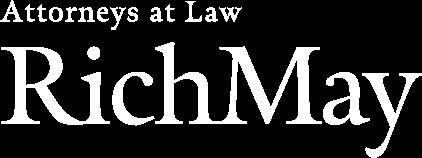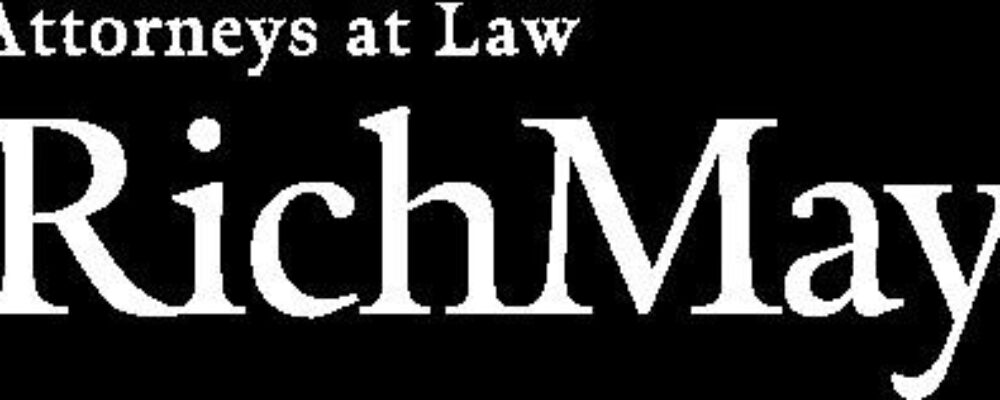As we ring in the New Year, now is a great time to take inventory of some important and comprehensive tax legislative changes that occurred in 2023. On October 4th, 2023, Governor Maura Healy signed into law Bill H. 4104, “An Act to improve the Commonwealth’s competitiveness, affordability, and equity” (“the Act”). The Act is the most sweeping and comprehensive tax bill in Massachusetts in decades, and it permits the first tax cuts in more than twenty years. This first article addresses Massachusetts estate tax changes and we will address the balance in a second segment.
While the estate tax changes are certainly beneficial to many individuals, relative to other states, the Massachusetts estate tax is still quite onerous and remains one of the lowest thresholds in the nation. Prior to the new legislation, Massachusetts was tied with Oregon for having the lowest estate tax threshold. Now, Massachusetts has the third-lowest threshold in the nation.
Elimination of the Estate Tax Cliff
Prior to this new legislation, if the value of a decedent’s estate did not exceed $1 million, no estate tax was owed. However, if a decedent’s estate value exceeded $1 million, the entire value of the estate was subject to tax, not just the amount in excess of $1 million, thereby producing an “estate tax cliff” effect. Now, as a result of the Act, the Massachusetts estate tax exemption has doubled to $2 million. Accordingly, Massachusetts residents or nonresidents owning property in Massachusetts, will not be required to pay a Massachusetts estate tax unless their Massachusetts taxable estate is valued at more than $2 million. Notably, only the assets in excess of the $2 million threshold shall be taxed, thereby eliminating the “estate tax cliff.” The tax on the amount over $2 million will be calculated on a graduated scale, beginning at 7.2% to a maximum of 16% for estates in excess of $11 million.
Changes are Retroactive – You May Need to File for a Refund
Importantly, the new estate tax exemption law applies retroactively to the estate of any individuals who died on or after January 1, 2023. Estates which have already filed an estate tax return for decedents who passed last year and/or paid estate taxes based on the previous exemption should speak with their estate planning advisors about pursuing a tax refund.
“Use it or Lose it”
Unlike the federal estate tax exemption ($13,610,000 in 2024) which is adjusted annually for inflation, the $2 million Massachusetts estate tax exemption is not indexed for inflation. Rather, the Massachusetts estate tax exemption will remain stagnant at $2 million annually, unless and until the law is changed. Additionally, unlike the federal estate tax exemption, the Massachusetts estate tax exemption is also not portable between spouses. That is to say, to the extent the Massachusetts estate tax exemption is not used upon the death of the first spouse to die, the unused portion of the exemption will be forfeit and may not be transferred to the surviving spouse.
Impact of Estate Tax Law Changes on Massachusetts Residents vs. Non-Residents
Under the Act, if a Massachusetts resident dies owning real or tangible personal property outside of Massachusetts, the Massachusetts estate tax shall be reduced proportionately with respect to the value of the assets not physically located in Massachusetts.
Non-residents of Massachusetts who own real or tangible personal property located in Massachusetts will still pay estate taxes to the Commonwealth in an amount proportionate to the value of such property, if the non-resident has a Massachusetts taxable estate exceeding $2 million. Note that, for non-residents and residents alike, the Massachusetts taxable estate is not limited to the physical assets located in Massachusetts, but rather includes all assets wherever located, plus all adjusted taxable gifts made after December 31, 1976, and any specific exemption for gifts made after September 8, 1976.
Questions
Given the magnitude of the estate tax bill changes, our office is prepared to review your documents, or if you do not have a plan in place, to assist you with a plan in order to take full advantage of the benefits of this legislation. Questions regarding these matters can be directed to Danielle Justo or Kennedy K. Cameron.
Disclaimer: This summary is provided for educational and informational purposes only and is not legal advice. If you have any questions concerning liquidated damages, leases, or landlord-tenant disputes, please don’t hesitate to reach out to Danielle Justo or Kennedy K. Cameron.
© 2023 by Rich May, P.C. and Danielle Justo and Kennedy K. Cameron. All rights reserved.
Rich May is a Boston-based law firm serving clients throughout the United States and abroad. Since 1937, Rich May has provided knowledgeable, experienced counsel to business and individual clients.
Please visit the firm link to site




